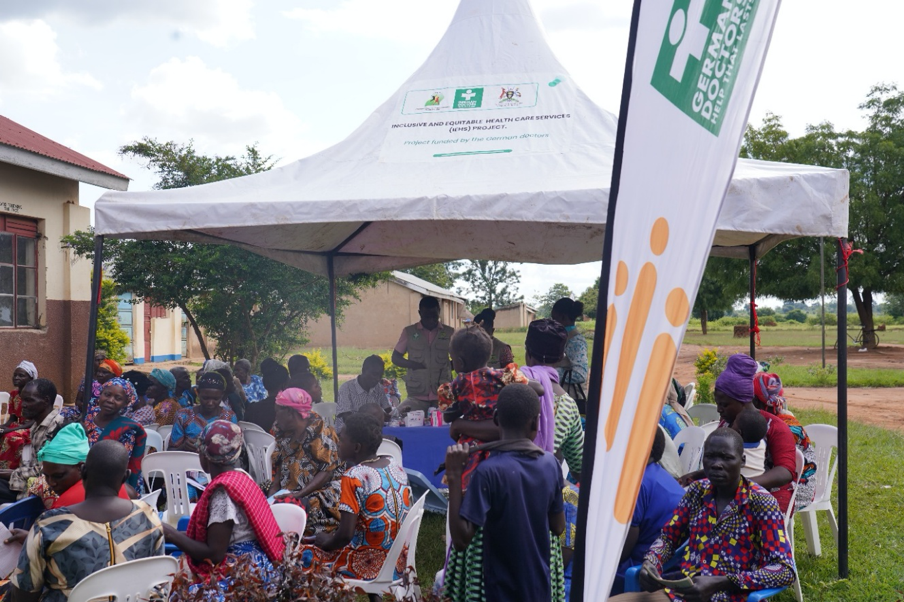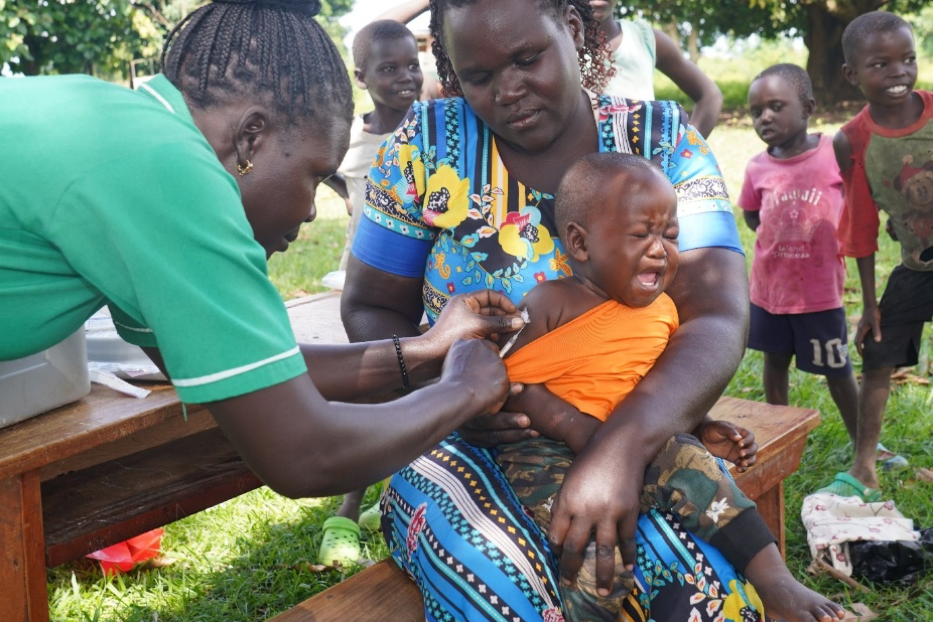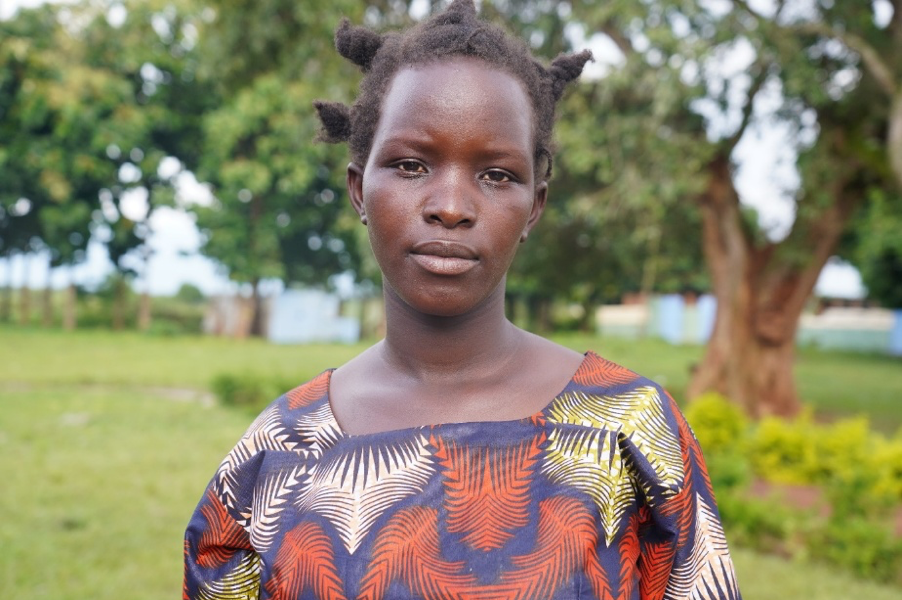LIFE AND HEALTH AT THE GRASSROOTS: A GLIMPSE INTO KOKUTU VILLAGE

The grassroots communities in Kokutu village paint a vivid picture of everyday life for the ordinary Ugandan. Like many rural areas, poverty remains a major barrier to accessing quality healthcare. In these peripheral regions, limited access to health services and the prevalence of various health conditions have sadly become the norm.
As you drive through the villages, it’s a common sight to see residents walking long distances to reach their daily destinations either gardens, schools, or health facilities. A bicycle is considered a privilege by many, often being the only means of transport available. The hope of catching a ride in a passing vehicle is ever-present, but rarely fulfilled. This challenge doesn’t only affect local residents, it also impacts health workers who provide essential services at the grassroots level. The lack of reliable transportation significantly delays service delivery at local health facilities. Health workers often walk long distances to reach these facilities, and the same transportation barriers hinder the effectiveness and consistency of community outreach activities despite the health workers resilience and willingness.
One of the health workers, Magdalene Achom, shares her experience: “My home is very far from the health facility, and the outreach location is even further. I end up arriving late because there’s no reliable means of transport and even taking a boda boda takes a long time and is costly”, Achom mentioned.
However, the integrated community outreaches supported by the German doctors funded Inclusive and Equitable health Care Services(IEHS) project have implicitly strengthened healthcare delivery by increasing access to treatment for various illnesses and improving vaccination coverage. Through these outreaches, many individuals who would otherwise be unable to reach health facilities due to distance or financial constraints are now receiving timely medical care. Moreover, routine immunizations, especially for children, are realizing a noticeable rise in uptake, helping to prevent outbreaks of vaccine-preventable diseases like measles and tetanus, Chicken pox among others.

Additionally, Akello Jane, a nurse at Akuor Health Center III, shared her experience:
“I’ve noticed a huge change in attitude among parents during these community outreaches, they’re much more excited to vaccinate their children than during home and facility visits and even adults who missed tetanus shots at the facility came forward during the outreach”, Jane mentioned. She continued to say that although most community members are farmers who often work without gumboots leading to frequent injuries, they cannot afford proper treatment. The tetanus vaccination program has always been in place, but turnout was low, however, during the Kokutu village outreach, people were eager to receive the shots and many much more health care services.
“It is such a joy for me as a health worker to serve my community closer to home, many patients complain about the long distance to health facilities which limits their access to care”, Jane added. These challenges are gradually becoming a thing of the past thanks to the continued medical support from the Inclusive and Equitable Health care services project implemented by UYAHF in collaboration with the ministry of health and with support from the German Doctors through integrated community outreaches.

“While many women attend antenatal care, access to scan services remains a struggle”, Magi Winnie, a 19-year-old expectant mother, expressed her gratitude after receiving free medical care during the Kokutu outreach in Bukedea District.
“I’m so happy to be treated today, I didn’t even know I had malaria until I came for the scan, the midwife advised that I go test for malaria after my scan session and for sure the lab test confirmed that I had Malaria +2 with fever and was given medication”, Winnie excitedly mentioned.
Despite these limitations, Village Health Teams (VHTs) appreciate the collaboration between the Ministry of health and the Inclusive and Equitable Healthcare services (IEHS) Project. They recognize their combined efforts are making a real difference in improving health outcomes. The VHTs recommend increasing the number of outreach days and frequency to ensure continued and expanded access to this vital service.
